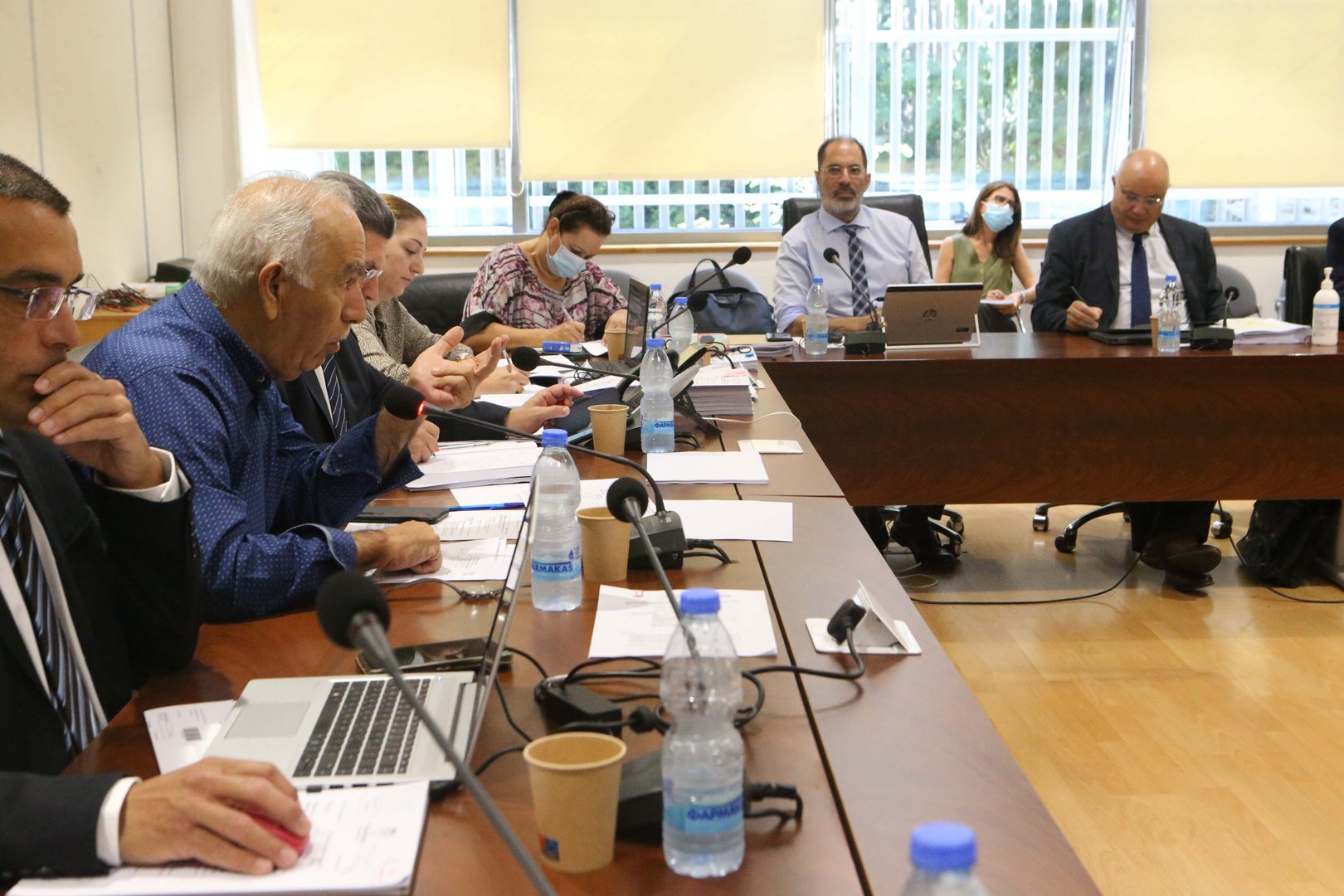Some 32 local councils from a total of 350 across the island came under scrutiny on Thursday for lax practices including failure to tender projects, giving contracts to relatives or council members, failing to invite other members to meetings and flat-out refusing to submit their books to supervising district offices.
The issue came up at the House audit committee during a discussion on local government reform where the multitude of local councils will ultimately be amalgamated into 20 municipalities.
As part of the discussions, a study was presented by the EY accounting firm that showed there were 300 complaints against 32 councils. Presenting EY’s findings, its Director of Technical Services, Stalo Aristidou, referred, among other things, to a failure to properly observe the minutes of meetings, failure to invite all board members to meetings and/or failure to inform all board members of the decisions taken and failure to notify EY of tender documents and their announcement by the board of directors.
It was also reported that direct contracts were given to members of the boards and/or their relatives. Products were also purchased from companies in which board members had vested interests, and contractors were paid without invoices or receipts.
She also said there was delay or failure to send the minutes of meetings to district offices for legality control, and execution of works or projects without approval. Some councils took eight months to respond to queries about various issues from the district offices.
Auditor-general Odysseas Michaelides told MPs the report, which mainly concerned public contracts, resulted from an investigation of several complaints.
He referred to local councils that were not interested in preparing financial statements, giving as an example the community of Palaichori Orinis, whose community leader since 2002 “refuses to prepare financial statements, simply saying that he does not prepare financial statements”.
“There are also councils that delay… either they say they can’t do it or because the books were lost,” he added. Michaelides also referred to cases where district officers did not respond to the community councils seeking a legality check in a timely manner.
The permanent secretary of the interior ministry, Elikkos Ilias, who also attended the session conceded that feasibility studies were often directly awarded to private consultants by local councils without tendering.
There were weaknesses in the management and control of construction contracts and insufficient control by district offices, and delays in taking action, he said.
Ilias agreed with EY’s findings and added that his ministry had observed some issues and was trying to intervene to “clean up some things”. In many cases, local councils don’t have either the “expertise or the good will”.
He said there have been efforts to have government representatives attended local council meetings to monitor the goings on, conceding that council members who should be there are often not invited while “the community leader invites his loved ones” from among the members.
“It is not certain however that every decision of the local councils can be controlled by the district officer,” he said.
Ilias emphasised that the plan for local government reform was a step to stamping out the irregularities seen across 350 separate councils.
“After July 1, 2024 when we will have the new community leaders, we will also proceed with the training of these community leaders,” he said.
Paphos district officer Mary Lambrou told MPs she agreed with the EY report. She said that 12 of the 32 councils under scrutiny were in the Paphos area.
“There is an accumulation of cases and it is difficult to go back to check what corrective measures the councils took,” she said, expressing the hope that by entrusting the audit to private auditors the situation would improve.







Click here to change your cookie preferences